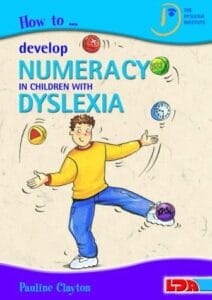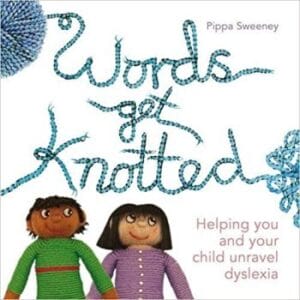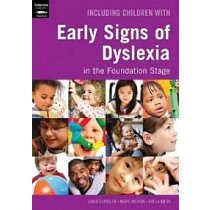Is Your Child Struggling with Reading? Discover the Signs of Dyslexia!
Dyslexia is a neurodevelopmental disorder that impacts a person’s reading, writing, and spelling abilities. It’s important to remember that every child grows at their own pace, but there are some indicators that might suggest the presence of dyslexia.
Identifying and intervening early is crucial in offering the right assistance for dyslexic children to succeed academically and socially.
Here a ten signs to look out for:
Reading Progress is Slow
Dyslexic children frequently experience a slower reading speed compared to their peers. This can lead to challenges in terms of maintaining fluency, accuracy, and comprehension.
As a result, keeping up with grade-level expectations may become quite demanding for them.
Letters or Words are reversed
Dyslexia can cause the mixing up of letters or words, like writing b instead of d or reading ‘was’ as ‘saw’. These kinds of mistakes are more likely to happen in individuals with dyslexia because of challenges with processing visual information.
Low Self-Esteem and Frustration
Dyslexic children may face challenges when it comes to academic tasks, which can lead to a decrease in self-confidence and feelings of frustration.
These feelings of inadequacy have the potential to impact their motivation and attitude towards learning.
Poor Phonological Awareness
Children who have dyslexia frequently face difficulties with phonological awareness, which refers to the ability to recognise and manipulate the sounds of spoken language.
Identifying syllables or individual sounds within words can pose a challenge for them.
Speech and Language Development Delayed
Children with dyslexia may encounter challenges in the development of speech and language skills.
They may face difficulties when it comes to expressing themselves verbally, constructing coherent sentences, or accurately articulating words.
Difficulty with Letter Recognition
Dyslexia often leads to struggles in identifying and recalling letters, including their names and sounds. This can make it hard for dyslexic individuals to learn the alphabet and connect letters with their corresponding sounds.
Poor Sequencing and Memorisation
Dyslexic kids might face difficulties when it comes to tasks that involve putting things in order, like remembering the days of the week, the alphabet, or numerical sequences.
It can be particularly tough for them to memorise information such as multiplication tables or spelling lists.
Difficulties with Spelling
Spelling poses a considerable hurdle for children with dyslexia.
Remembering the right order of letters in words can be tricky for them, resulting in frequent spelling errors.
Avoidance of Reading Aloud
Reading aloud can be a challenge for dyslexic children. It’s not just about decoding words, but also about comprehending and processing the content.
As a result, they may actively avoid it, which can affect their confidence and willingness to join in classroom activities.
Directional Difficulties
Dyslexia often manifests in challenges with directionality, leading to confusion between left and right.
This can affect tasks like following directions, understanding maps, or distinguishing between letters with similar shapes.
Key Takeaway
Dyslexia frequently appears in difficulties related to orientation, resulting in confusion when differentiating between left and right.
As a result, tasks such as following instructions, reading maps, and distinguishing between letters with similar shapes can be affected for dyslexic individuals.
Resources to Support Children with Dyslexia
-
Product on sale
 How to Develop Numeracy in Children with Dyslexia (Paperback)Original price was: £11.99.£8.99Current price is: £8.99.
How to Develop Numeracy in Children with Dyslexia (Paperback)Original price was: £11.99.£8.99Current price is: £8.99. -
 Words Get Knotted ( Helping you and your Child unravel Dyslexia)£5.99
Words Get Knotted ( Helping you and your Child unravel Dyslexia)£5.99 -
 Including Children with Early Signs of Dyslexia£16.99
Including Children with Early Signs of Dyslexia£16.99
Please share your thoughts with us below if you have experience of supporting a child with dyslexia.
Join our mailing list
Sign up to our Emailing List & Get the Latest Information and Offers on Resources
Thank you for joining !
Something went wrong.






